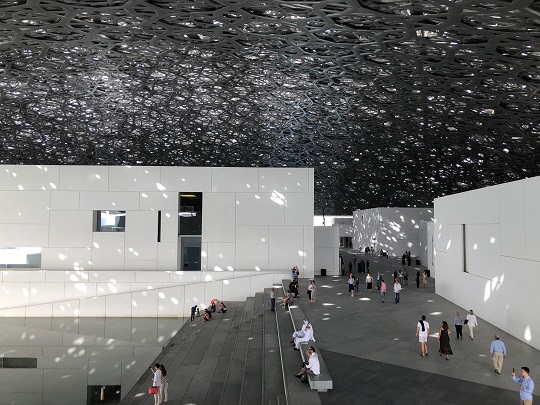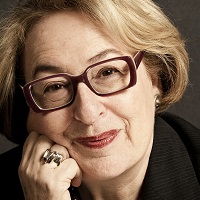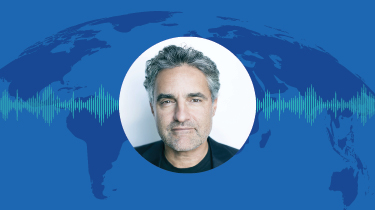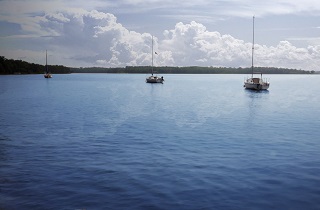The Louvre Abu Dhabi, Washington’s National Museum of African American History and Culture, and Winnipeg’s Canadian Museum for Human Rights—it’s an impressive list. In addition to being humanist in perspective, these cultural institutions have in common that my Canadian cultural planning firm helped to develop each of them.
Although we’re a relatively small company—just 42 full-time and eight part-time employees —we’ve done cultural planning work in 57 countries—148 projects in the U.K. alone—from a home base in Toronto.
My late husband Barry and I founded the company 38 years ago. We’d both been professors, but we wanted to work together, so we decided to leave that comfortable world and take a chance on starting our own company, one that would specialize in cultural planning. We founded Lord Cultural Resources on our firmly held belief that culture makes communities more livable and more economically vibrant. We’ve been busy ever since, and we’ve had some fascinating clients, including the City of Chicago, for which we wrote a cultural plan. We’ve also written 10 well-received books on museum planning. They’re good brand-building tools for us as they’ve been translated into several languages and are used as the standard texts worldwide.

The Louvre Abu Dhabi
Asked for my top tips for exporters, I came up with five that apply to Canadians who export services, as well as goods.
Modesty is one of the keys to our success. When we approach other countries, we don’t do it from any sense of superiority. We feel we can learn from everybody; small and large institutions can learn from each other. Culture is a great democratizing phenomenon. A factor that contributes to our success worldwide is that we respect all of our clients, their cultures and their values. We work around their needs because it’s about them—not us.
Toronto is a city that’s respected worldwide for being open-minded and multicultural. Brand Canada is also strong. Canada did very well in the financial crisis of 2008 because we have a strong banking system. We’re also seen as fair traders and Canada’s openness to immigration is a positive factor. In that sense, we’re known for generosity of spirit. I attribute some of our company’s success to being Canadian.
To build relationships, you have to be in the market. The internet and social media are important as are our publications because they’re respected references, but from day 1, we’ve spoken at conferences and we’ve shared our knowledge, just as I’m doing right now. That’s our cornerstone philosophy. I think we could be criticized for not being scientific enough in our marketing approach, but we keep up with the happenings in our sector. If there’s a conference in Dubai, and we feel we should be represented, you’ll find us there. We present at conferences in Kyoto and Copenhagen. The founders don’t have MBAs (although many of our employees do) but being in the market has worked for us.
In the early days, we thought we needed to have an office in every market, so we had offices in Berlin, Vienna, London, Paris, and Madrid. It wasn’t really necessary, but we didn’t know that and we weren’t really conscious of the expenses that entailed. Now that we know, we still have offshore offices, but they’re in strategic locations—New York, Los Angeles, Mumbai, Beijing and London. We’ve discovered that you can have presence in the market without having an office there. For example, we have European staff, but not public offices. Presence in the market is also through our great business-to-business relationships with architects, urban planners and designers.
Those who are successful in exporting must have high energy and everyone in the company must share that characteristic. Your accounts department is working in so many currencies; your design department needs to be considering many cultures; your frontline sales people have to be extremely high-energy. For us, we get on planes, fly all night, arrive in the morning, freshen up and go immediately to our first meeting. We’re small and we don’t have the ability to say, “Take a rest day when you arrive.” You have to love the work that much. If you’re not a high-energy person, you can’t be innovating in export.







